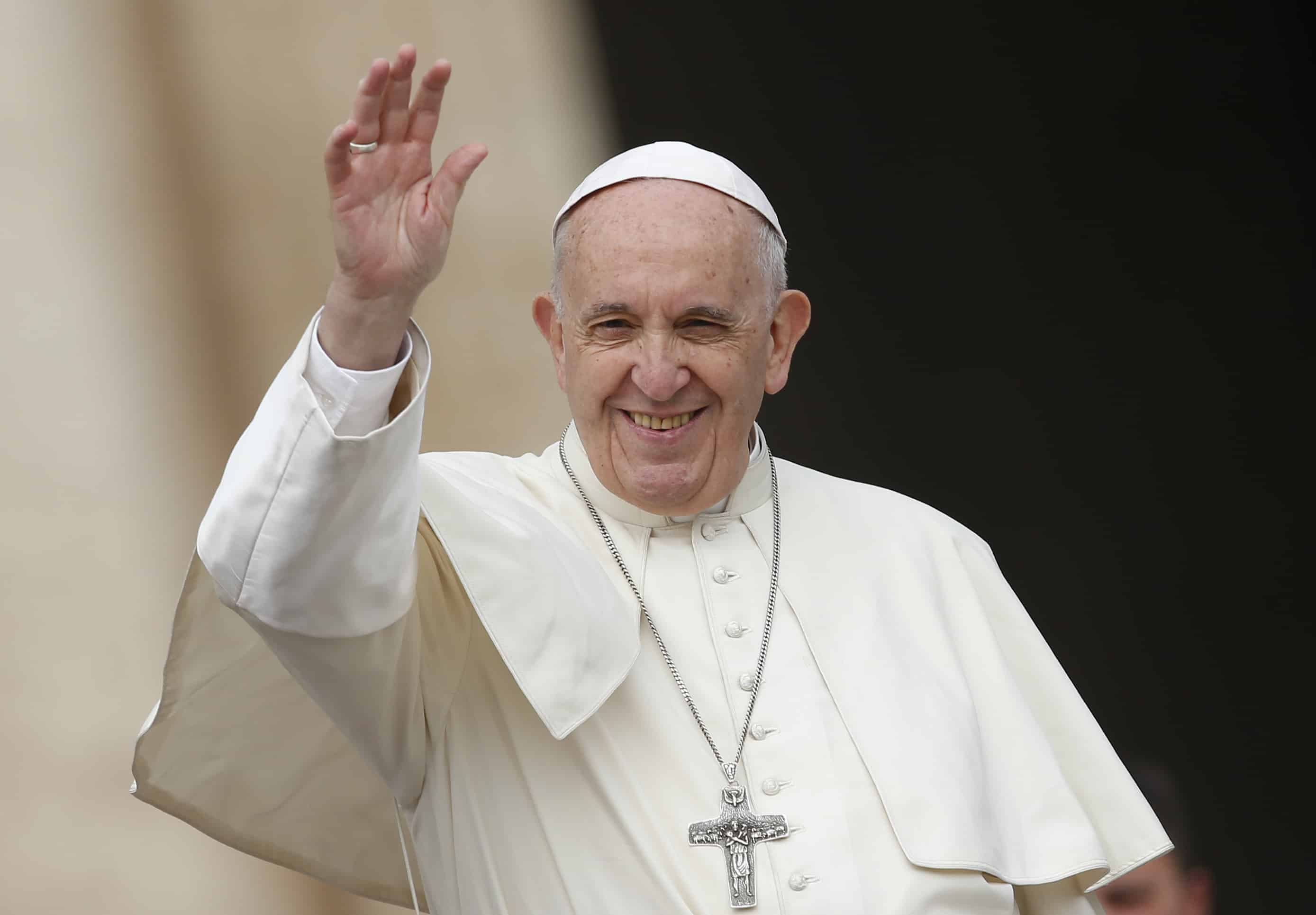Francis always manages to provoke a reaction, and his latest document, an Apostolic Exhortation called Gaudete et Exsultate (“Rejoice and Be Glad”), is no exception. David Cloutier has pointed out that many are reading it (badly) as “the latest battle in an intra-church culture war.” But if we look at the Ignatian spirit which animates the document, we can see how, whether Francis is encouraging or challenging, he is speaking to all sides.
Fr. Robert Imbelli has already given an excellent run-down of the Ignatian influence on the document. One of the key things to remember about Ignatius is that he was greatly concerned about the attitude we have towards things, even good things. A bad attitude about a good thing can lead us away from God, and for Ignatius, that’s a dealbreaker. So the question isn’t just whether something is good in the abstract, but whether it’s good for us, and leads us to God–which means examining our attitudes about it.
When Francis condemns certain attitudes in Gaudete et Exsultate, he really is condemning just the underlying attitude of people, and not the (often good) activities they engage in. When he wrote of “a punctilious concern for the Church’s liturgy,” there was a sense in which he was going after people with more traditional liturgical preferences. But Francis never says here “traditional liturgy is bad”—and when he wants to say something, he knows how to say it.
The problem comes when we think we can engineer an experience of God. Whether it is a more progressive liturgy that strives to be meaningful and relevant or a more traditional liturgy that strives to be beautiful and reverent, we can easily get caught up in our own ideas of how things “ought” to be done.
As an example, in the debate over how one should receive communion (in the hand or on the tongue), I have seen more liberal priests refuse to give communion on the tongue, and even make snarky remarks about those who prefer to receive that way, and I have seen more traditional priests do the same for those who prefer to receive on the hand. (Both are a minority, to be clear, but it happens. And as Pope Francis recently reiterated, the Church fully allows both ways of receiving—the important thing is to remember you are receiving Jesus.) A punctilious attitude, which anyone can have about any liturgy, is not a good thing. We cannot engineer an experience of God.
Any time we think we can rely on our own efforts to be holy, our attitude is subtly pushing God away—we are telling God “I don’t really need you.” This is why Francis is so clear on the problems of Pelagianism and Gnosticism, ancient heresies that said we could get to heaven by our own efforts and that the minds of certain people are specially illuminated, respectively. Over a millennium later, we still want to say that the strength of our wills or the sharpness of our minds is enough to engineer the perfect thing (be it a liturgy, a social program, or a self-help regimen) to make us be good and holy. Francis is clear: God’s love is the deciding factor, not our efforts.
And our attitudes towards one good thing should not be used as a weapon against another good thing. Francis noted that “[some] Catholics consider [migration] a secondary issue compared to the “grave” bioethical questions,” which has been taken as a slight against the Pro-Life movement.
Catholics are always free to focus on one issue or another, and even engage in “big tent” alliances, working with people we disagree with in other areas to advocate for a specific issue. This includes Pro-Life advocacy. But when you belittle another’s focus because it isn’t your own, that’s a problem. And, as Charlie Camosy pointed out, this is a two-way street: our attitude towards the lives of the poor and the lives of the unborn must the same attitude, one of love and reverence. The immigration advocate cannot say to the pro-life advocate “you’re not pro-life, just pro-birth!” and the pro-life advocate cannot say to the immigration advocate “our fight is the important one!” Neither side has been good about that, and both sides can find a challenge to growth.
Ignatian spirituality is about shaping our desires and attitudes by encountering Jesus so that we are able to draw closer to God—and it is very easy to have a bad attitude, even about something good. Every challenge Francis issues is a challenge to everyone, whether “liberal” or “conservative.” Every encouragement Francis issues is also an encouragement to everyone. Francis wants everyone to be a saint. Whether Francis is offering a harsh or kind word, when we ask who he is talking to, the answer is: “everyone.”


